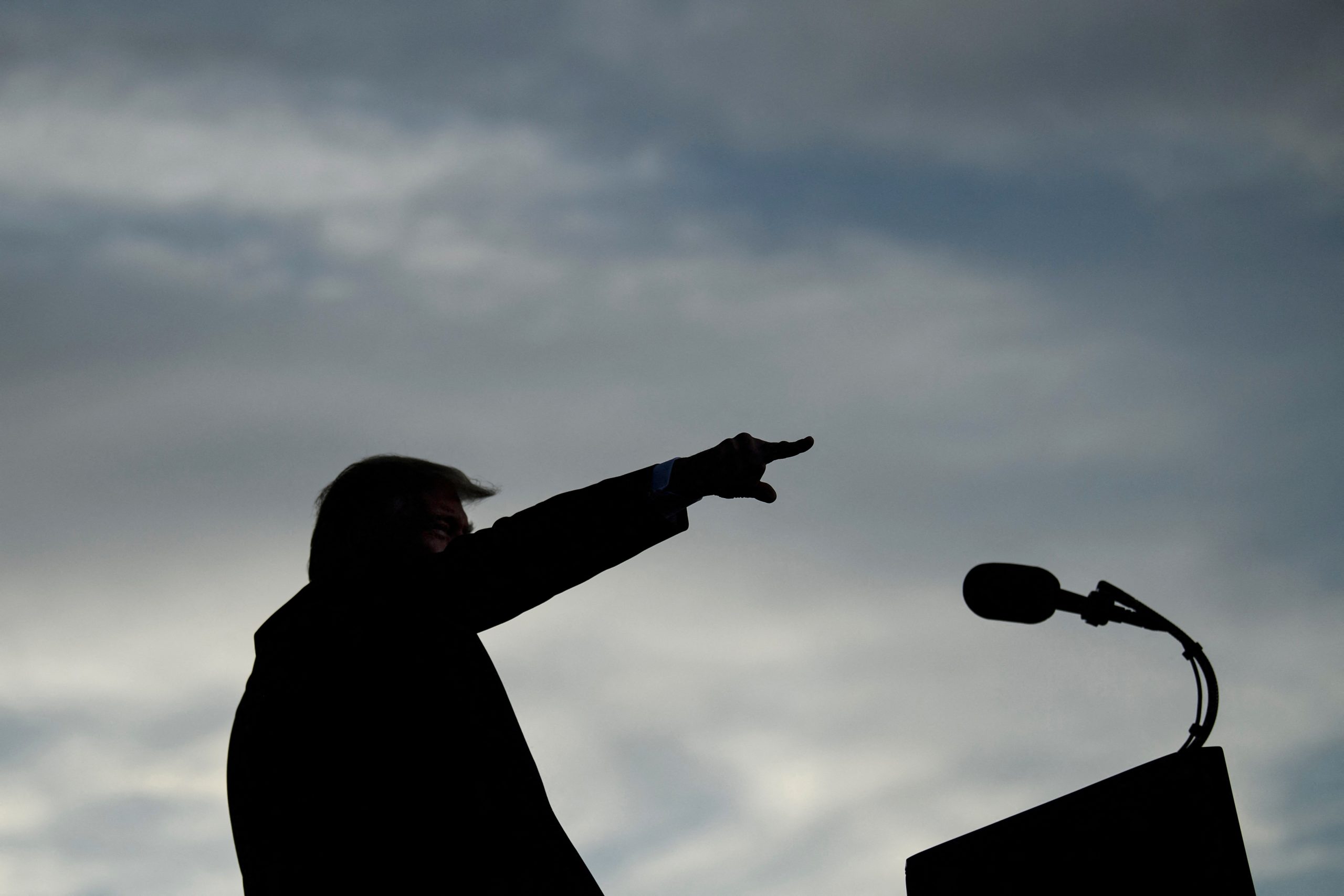The recent controversy surrounding Jimmy Kimmel’s suspension, stemming from FCC threats against networks airing his show, offers a chilling glimpse into a potential path to authoritarianism in the United States. While the specifics of Kimmel’s case are complex, the underlying threat – the weaponization of regulatory power – is a serious concern with historical parallels.
The Weaponization of Regulation
The FCC’s actions, utilizing the little-used “news distortion” doctrine, highlight a dangerous trend. Vaguely worded statutes, coupled with broad executive discretion, provide fertile ground for suppressing dissent and rewarding political loyalty. This isn’t a theoretical threat; it’s a tactic employed by authoritarian regimes worldwide. By selectively enforcing regulations, a government can silence critics and stifle free speech, all while maintaining a veneer of legality. The potential for abuse is immense, especially when combined with a president willing to use the power of the office to target perceived enemies. This creates an environment where media outlets face a stark choice: self-censorship or the risk of crippling penalties.
Hungary’s Warning: A Parallel to America?
The situation bears an unsettling resemblance to the erosion of democratic norms in Hungary under Viktor Orbán’s leadership. Orbán’s government systematically leveraged regulatory and legal mechanisms to consolidate power, silencing opposition and controlling the narrative. This wasn’t a sudden coup; it was a gradual process of chipping away at democratic institutions, one regulatory action at a time. The seemingly innocuous application of existing laws for political gain is a hallmark of this process. The US, while possessing significantly stronger democratic safeguards, is not immune to similar tactics. The Kimmel incident serves as a stark warning of how easily these safeguards can be undermined.
The Trump Factor: A Case Study in Potential Abuse
The specter of a former president like Donald Trump, known for his attacks on the media and his willingness to flout norms, further exacerbates the risk. Trump’s rhetoric and actions during his presidency demonstrated a disregard for independent institutions and a propensity for using his power to punish those he deemed adversaries. While he may no longer be in office, his influence remains potent, and the potential for a similar figure to exploit regulatory vulnerabilities in the future remains a real and present danger. This is not to suggest that the current administration is following the same path, but the underlying vulnerability remains. The question is not
if
such powers can be abused, but
when
and
how
.
Conclusion: Safeguarding Democracy
The Jimmy Kimmel situation should serve as a wake-up call. The seemingly technical issue of FCC regulations touches upon the fundamental pillars of American democracy: freedom of speech and a free press. Vigilance is crucial in preventing the gradual erosion of these rights. A robust and independent media, coupled with a judiciary willing to scrutinize executive actions, are essential safeguards. Failing to address this vulnerability leaves the United States vulnerable to a slow but insidious slide toward authoritarianism, a path already trodden by other nations. The time for complacency is over; the defense of democratic institutions requires constant and vigilant attention.
SOURCE INFORMATION:
TITLE: This is how Trump ends democracy
DESCRIPTION: Jimmy Kimmel’s suspension — the direct result of an FCC threat to pull the licenses of networks that aired him — has shown us how authoritarianism can come to America. I mean this literally. The specific threats that Federal Communications Commission head Brendan Carr made against networks, involving a little-used doctrine called “news distortion,” show how […]
CONTENT: [Original content as provided]
SOURCE: Vox
Based on materials: Vox





